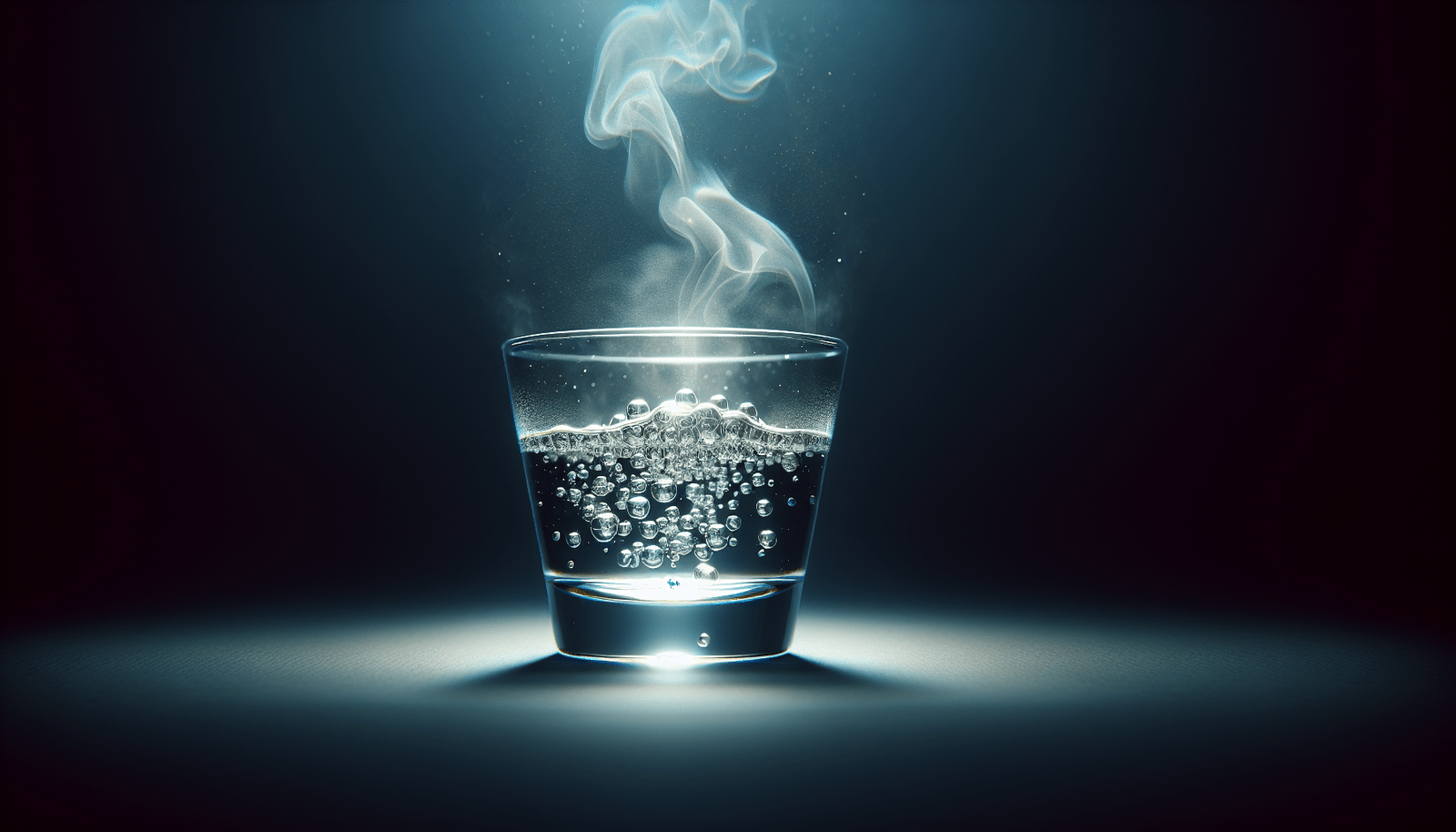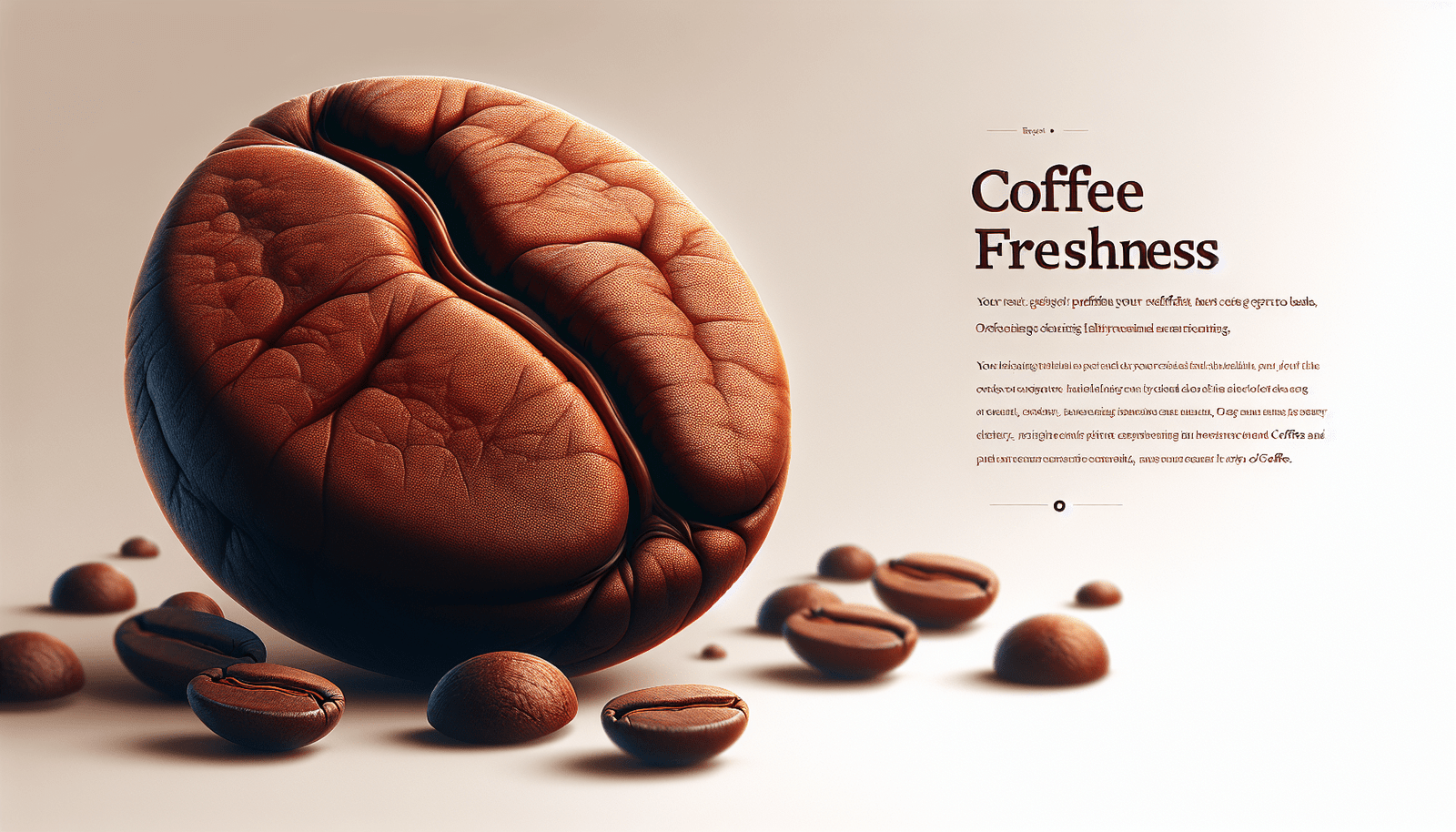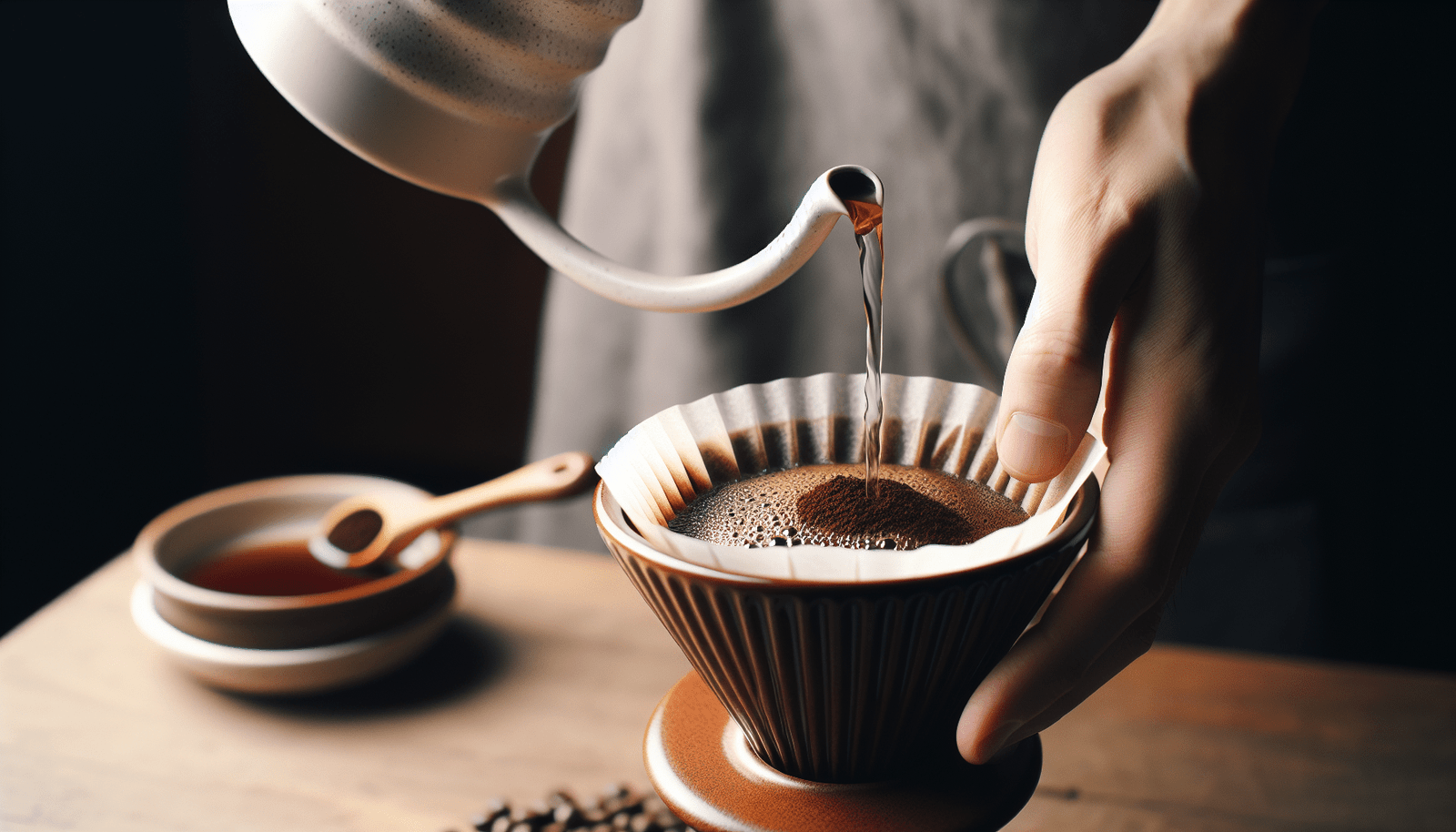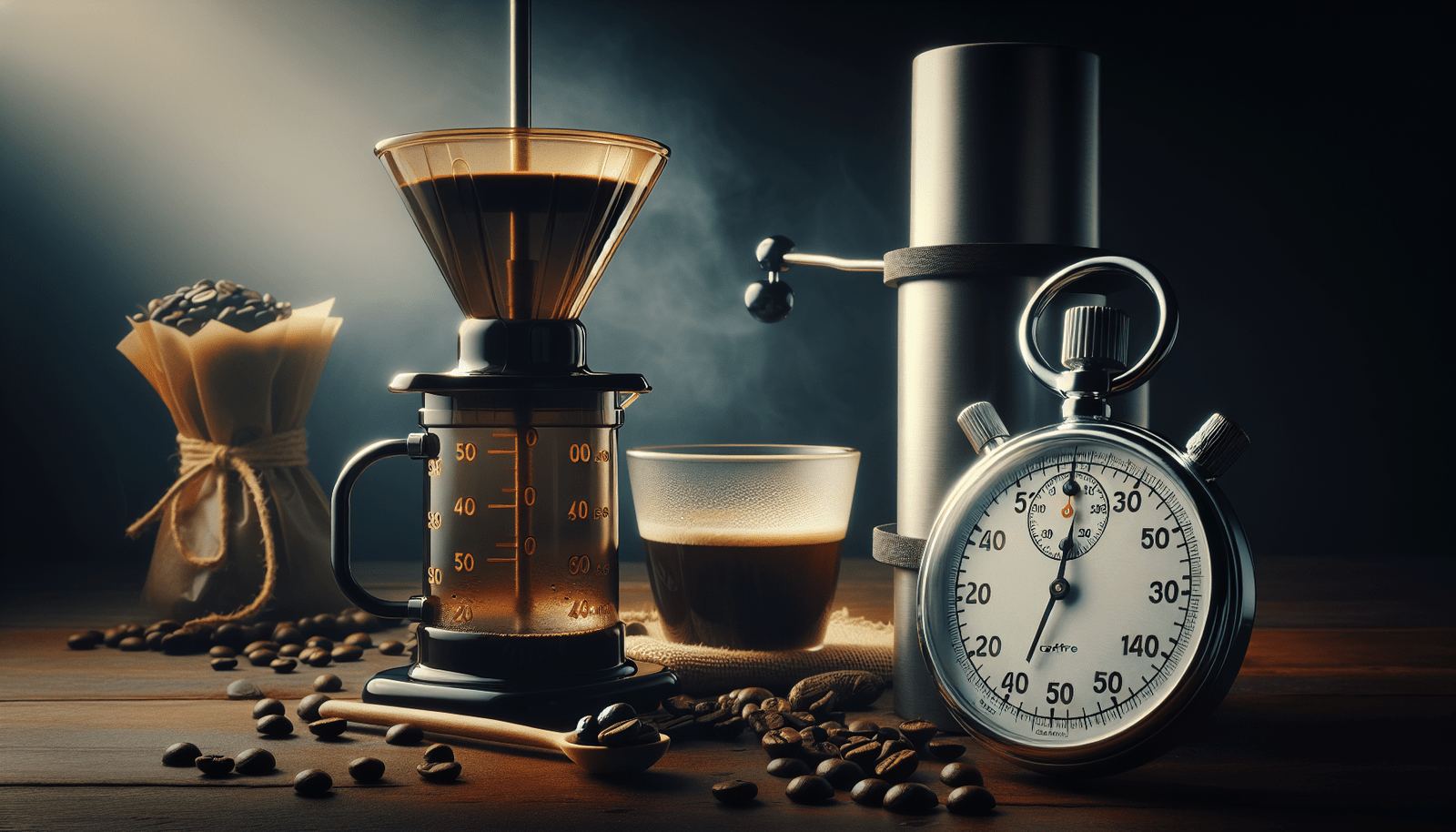Sure, brewing the perfect cup of coffee is a delightful morning ritual that many of us cherish. But have you ever wondered about the role that water plays in this flavorful concoction? Well, today we’ll answer a burning question that has often perplexed coffee enthusiasts: Can I use distilled water for brewing coffee? Let’s dive into the fascinating world of coffee brewing and explore the pros and cons of using distilled water to bring out those rich, aromatic flavors.
What is distilled water?
Definition of distilled water
Distilled water is water that has been purified through the process of distillation. This process involves heating water to create steam, which is then collected and cooled to create pure water. Distillation removes impurities such as minerals, bacteria, and other contaminants, resulting in water that is free from any substances.
How is distilled water made?
Distilled water is produced through a multi-step process called distillation. The process begins with heating water to its boiling point, which creates steam. The steam is then collected and condensed back into liquid form through cooling, resulting in purified water. This distillation process removes impurities, minerals, and other substances, leaving behind solely H2O molecules.
Why use distilled water for brewing coffee?
Impact of water quality on coffee taste
The quality of water used for brewing coffee can significantly affect the taste and overall flavor profile of the final beverage. Water with high mineral content, such as hard water, can often impart unwanted flavors and aromas to the coffee. By using distilled water, which is free from minerals and impurities, you have more control over the taste of your coffee, allowing the true flavors of the beans to shine.
Benefits of using distilled water for brewing coffee
Using distilled water for brewing coffee offers several benefits. Firstly, it ensures consistency in the taste of your coffee, as the absence of minerals and impurities can prevent unwanted flavors from affecting the brew. Additionally, using distilled water can help extend the lifespan of your coffee equipment by reducing the build-up of limescale and mineral deposits. This leads to easier maintenance and a more efficient brewing process.
Considerations when using distilled water
Loss of minerals in distilled water
While the purity of distilled water is advantageous for brewing coffee, it is important to note that it lacks minerals that can contribute to the flavor of the coffee. Minerals like calcium and magnesium play a role in enhancing the taste and mouthfeel of the brew. Therefore, it may be necessary to consider adding minerals back into the distilled water to achieve a satisfactory flavor profile, depending on personal preferences.
Balancing flavor with mineral content
Achieving the optimal flavor profile when using distilled water requires striking a balance between its purity and the desire for mineral content. Experimenting with different levels of mineralization, either through the addition of mineral drops or brewing water enhancers, can help achieve a more satisfying cup of coffee. It is important to note that finding the perfect balance may require some trial and error, as preferences can vary.
Potential impacts on coffee extraction
The absence of minerals in distilled water can influence the extraction process during brewing. Minerals, such as magnesium, aid in extracting desirable compounds from the coffee grounds. Without these minerals, extraction may be affected, resulting in under-extraction and a weaker, less flavorful cup of coffee. Monitoring the brewing time and adjusting factors like grind size and water temperature may help compensate for any potential impacts on extraction.
Alternative water options for brewing coffee
Tap water
Tap water is a commonly used option for brewing coffee. However, its mineral content can vary depending on your location, and certain compounds like chlorine or fluoride may be present, affecting the taste of the coffee. It is worth considering using a filtration system or allowing tap water to sit for some time to allow any chlorine to dissipate before using it for brewing.
Filtered water
Using filtered water, either through pitcher filters or under-sink filtration systems, can provide a good middle ground between distilled water and tap water. Filtration systems can help remove impurities and some minerals while maintaining a desirable level of mineral content for coffee extraction. It is important to regularly replace filters to ensure optimal water quality.
Bottled spring water
Bottled spring water is another option for brewing coffee. It typically contains minerals that can enhance the coffee’s flavor while still being free from unwanted impurities. However, it is important to check the mineral content specified on the bottle to ensure that it aligns with your taste preferences.
Testing the effects of distilled water on coffee taste
Conducting a taste comparison
To test the effects of distilled water on coffee taste, you can conduct a side-by-side comparison of brews made with different water sources. Prepare identical brews using distilled water, tap water, filtered water, and bottled spring water. By tasting each coffee, you can discern any noticeable differences in flavor, acidity, and mouthfeel, allowing you to determine which water source best suits your preferences.
Notable differences in flavor profile
In many instances, using distilled water can result in a cleaner and brighter flavor profile compared to water sources with higher mineral content. Distilled water allows the nuances of the coffee beans to come through, showcasing their unique characteristics. However, it is essential to note that some may find the absence of minerals in distilled water leads to a lack of complexity or depth in flavor.
Brewing equipment considerations
Effects on coffee makers and equipment
Using distilled water can have positive effects on your coffee makers and equipment. The absence of minerals reduces the chances of limescale or mineral buildup, which can affect performance and longevity. Regular cleaning and descaling are still necessary to prevent any potential build-up from substances other than minerals, such as coffee oils or bacteria.
Potential mineral buildup in coffee machines
While using distilled water can prevent mineral buildup, it is important to note that some coffee machines rely on minerals present in water to function properly. For example, espresso machines with built-in water reservoirs may require the presence of minerals for optimal operation. Consult the manufacturer’s guidelines or seek professional advice if you are unsure whether your specific coffee machine requires minerals in the water.
Advice from coffee experts
Opinions on using distilled water
Opinions among coffee experts regarding the use of distilled water for brewing coffee can vary. Some argue that distilled water allows for more precise control over the brew’s flavor, while others prefer the mineral content in water to enhance the coffee’s taste. Ultimately, the choice depends on personal preference, and experimenting with different water sources is encouraged to find what suits your taste buds best.
Recommendations for optimal water quality
To ensure optimal water quality for brewing coffee, coffee experts often suggest using water with moderate mineral content. This typically falls within the range of 150-200 parts per million (ppm) for total dissolved solids (TDS). However, it is important to note that taste preferences differ, and some may prefer higher or lower mineral content. Experimentation allows you to find the perfect balance for your desired flavor profile.
Finding the right balance for your taste preferences
Experimenting with different water sources
To find the right water source for your taste preferences, it is recommended to experiment with various options. Begin by preparing multiple brews using distilled water, tap water, filtered water, and bottled spring water, each with their unique characteristics. Evaluate the resulting flavors, aromas, and mouthfeel to determine which water source provides the best complement to the coffee beans you are using.
Adjusting brew recipes accordingly
Once you have identified your preferred water source, it is crucial to adjust your brew recipes accordingly. Brewing coffee is a delicate balance of various factors, including water temperature, grind size, and coffee-to-water ratio. The characteristics of the water used can affect how these variables interact, so fine-tuning your recipe based on the specific water source helps achieve the best possible cup of coffee.
FAQs about using distilled water for coffee brewing
Can I use distilled water with a coffee machine?
In most cases, using distilled water in a coffee machine is acceptable. However, it is important to consult the manufacturer’s guidelines or reach out to their customer support for any specific instructions or considerations regarding water quality. Some coffee machines may require the presence of minerals for proper operation, which differs from the pure nature of distilled water.
Should I add minerals back to distilled water for brewing coffee?
Adding minerals back to distilled water is a personal choice that depends on your desired flavor profile. If you find that using distilled water alone results in a less satisfying cup of coffee, you can consider using commercially available mineral drops or brewing water enhancers to enhance the water’s mineral content. Experimentation is key to finding the right balance that suits your taste preferences.
Conclusion
Summary of distilled water for brewing coffee
Distilled water offers a purified and consistent option for brewing coffee, allowing the true flavors of the beans to shine. It eliminates unwanted flavors from minerals and impurities, ensuring a clean and bright taste experience. However, the absence of minerals may require some adjustments to achieve a desired flavor profile.
Choosing the best water option for your preferences
When it comes to water choices for brewing coffee, it ultimately comes down to personal preference. While some may prefer the simplicity of distilled water, others may find that water with some mineral content enhances the flavor. Through experimentation and taste comparisons, you can determine the water source that aligns with your taste preferences and unlocks the full potential of your coffee beans.




